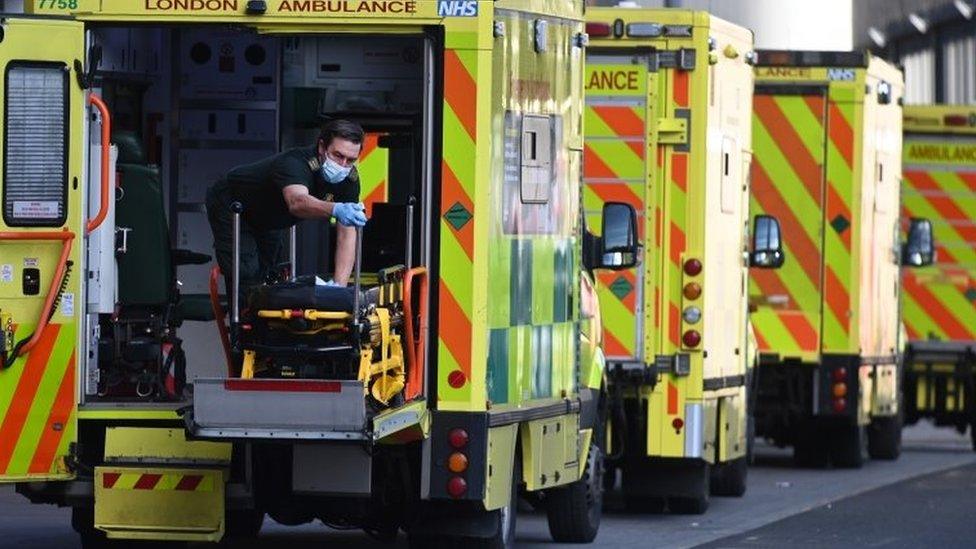Family demand answers over woman left in corridor
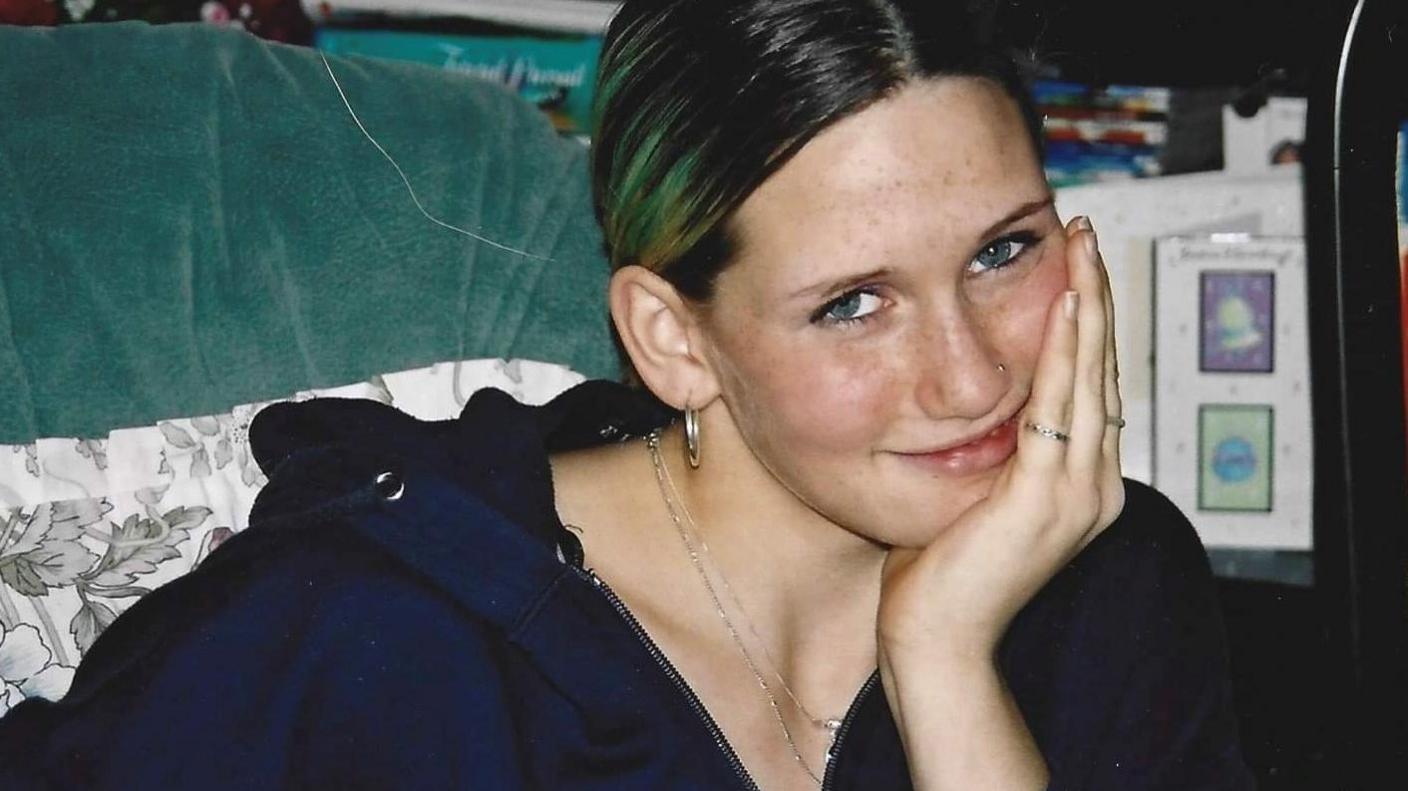
Tamara Davis died after being admitted to hospital with breathing difficulties
At a glance
Tamara Davis died in intensive care after being admitted to hospital with breathing difficulties
Her sister Miya says Tamara was moved from a cubicle in A&E to a corridor for 10 hours and died in intensive care three days later
Relatives believe Tamara stood a better chance of survival if she had been monitored more closely and not spent a lengthy spell in a corridor
The hospital trust expressed sympathies and said staff will always do their best to give care
- Published
The sister of a woman who died in hospital in Brighton are demanding answers over why she was kept in a corridor for 10 hours.
Tamara Davis, 31, was taken to the Royal Sussex County Hospital with breathing difficulties in December 2022.
Although initially given oxygen in a cubicle in A&E, she was then moved to a corridor for 10 hours, before being moved to intensive care where she died three days later from sepsis and organ failure.
The hospital trust expressed its sympathies and said staff will always do their best to give care, while the Department of Health said funding for emergency care has increased.
"It's like she was an afterthought" said Tamara's sister Miya Davis, "she was just left, almost forgotten.
"The treatment of my sister wasn't what it could have been. Nobody came to check on her. Nobody even stopped to ask if we had everything we needed, if she was comfortable."
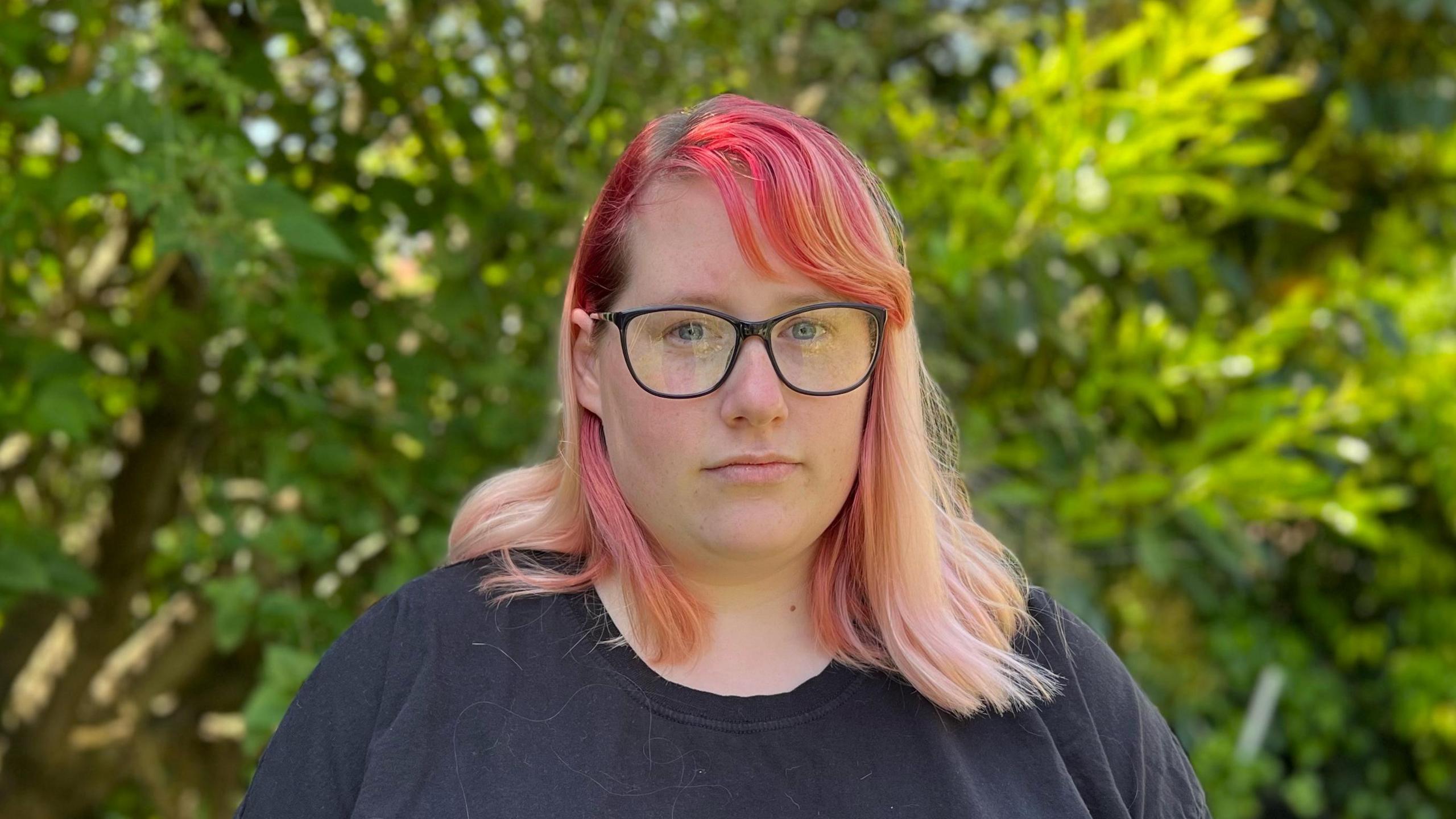
Miya Davis wants answers over the level of care given to her sister
Ms Davis believes her sister's death was linked to being moved to the corridor for a lengthy spell.
"I feel like if she had been monitored throughout her stay in A&E things would be different. She might still be here and I'd still have my sister."
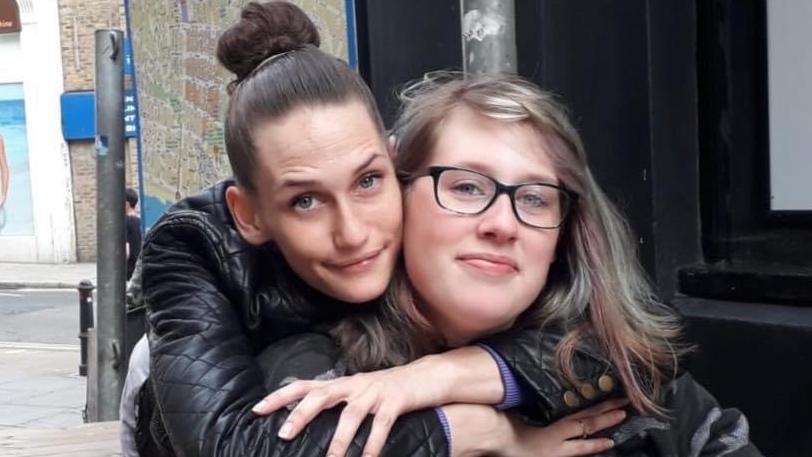
Miya Davis believes her sister Tamara would still be alive if she had not been moved to a hospital corridor
Dr Andy Heeps, Chief Operating Officer at University Hospitals Sussex NHS Foundation Trust, said: “We have previously spoken directly with Tamara’s family to express our condolences at what is clearly an incredibly tragic time for them, and I would also like to personally express my sympathies.
"I cannot publicly discuss Tamara's care, but in general terms it is undoubtedly the case that our staff sometimes have to work under significant pressure, in difficult circumstances, but they will always do their very best to give care, compassion and dignity to their patients.”
A Department of Health and Social Care spokesperson said: “Waiting times have substantially reduced from the peak of winter pressures in December and our Urgent and Emergency Care Recovery Plan will allow people to be seen quicker by scaling up community teams, expanding virtual wards, and getting 800 new ambulances on the road.
“This is on top of £750m we’ve provided this winter to speed up hospital discharge and free up beds and up to £14.bn for health and social care over the next two years, on top of record funding.”
Follow BBC South East on Facebook, external, on Twitter, external, and on Instagram, external. Send your story ideas to southeasttoday@bbc.co.uk, external.
- Published18 May 2023
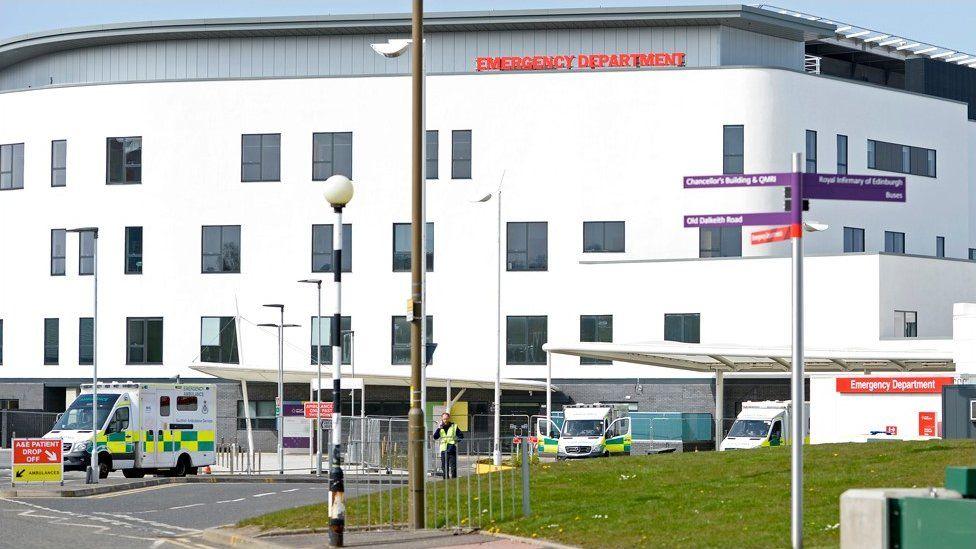
- Published7 January 2023
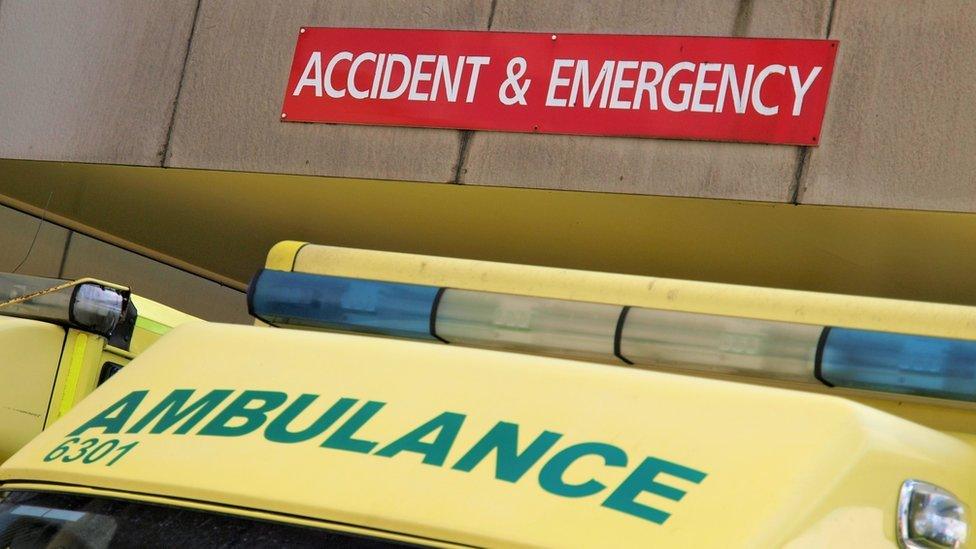
- Published8 December 2022
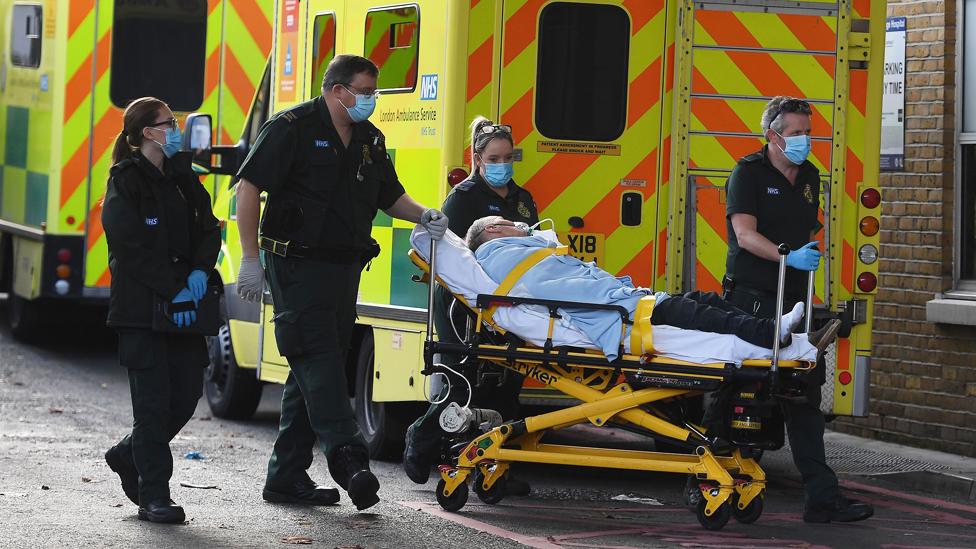
- Published21 October 2022
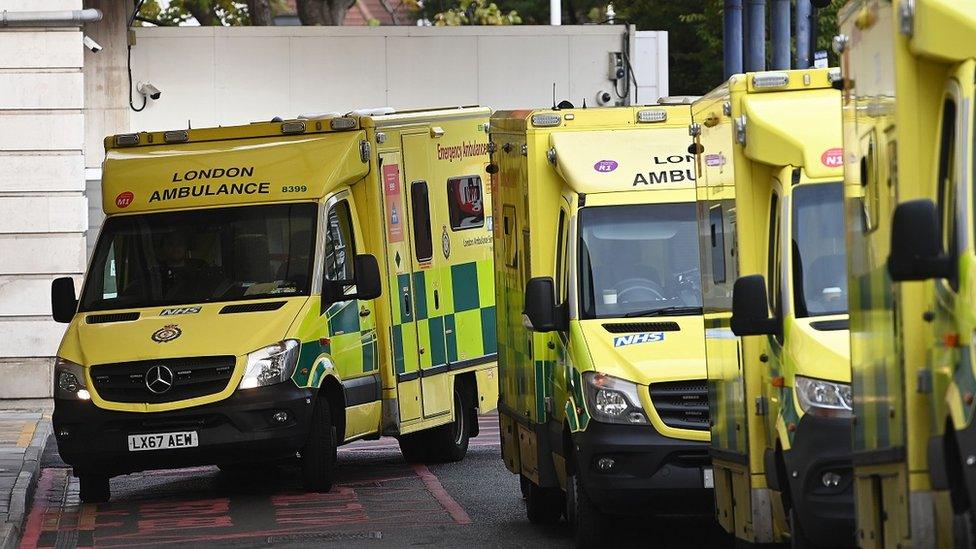
- Published24 November 2022
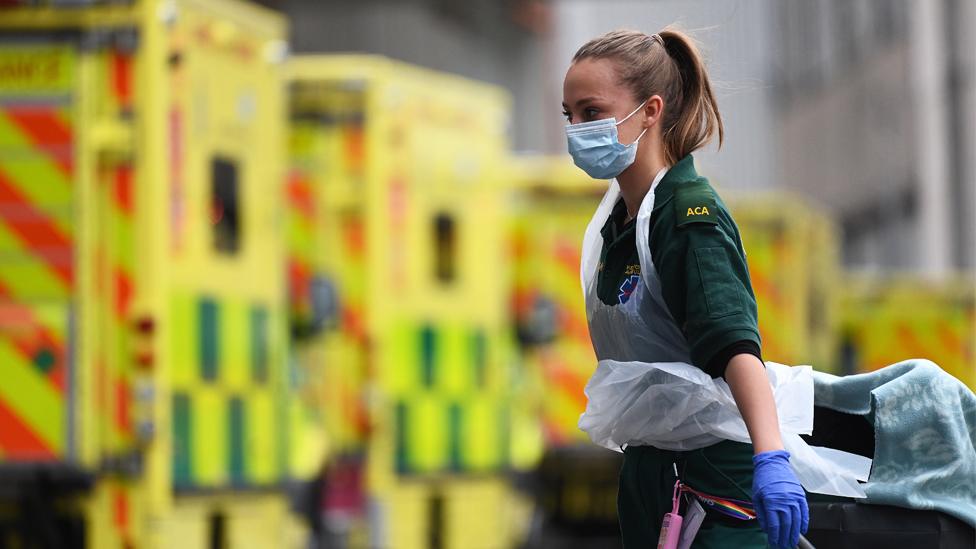
- Published14 July 2022
